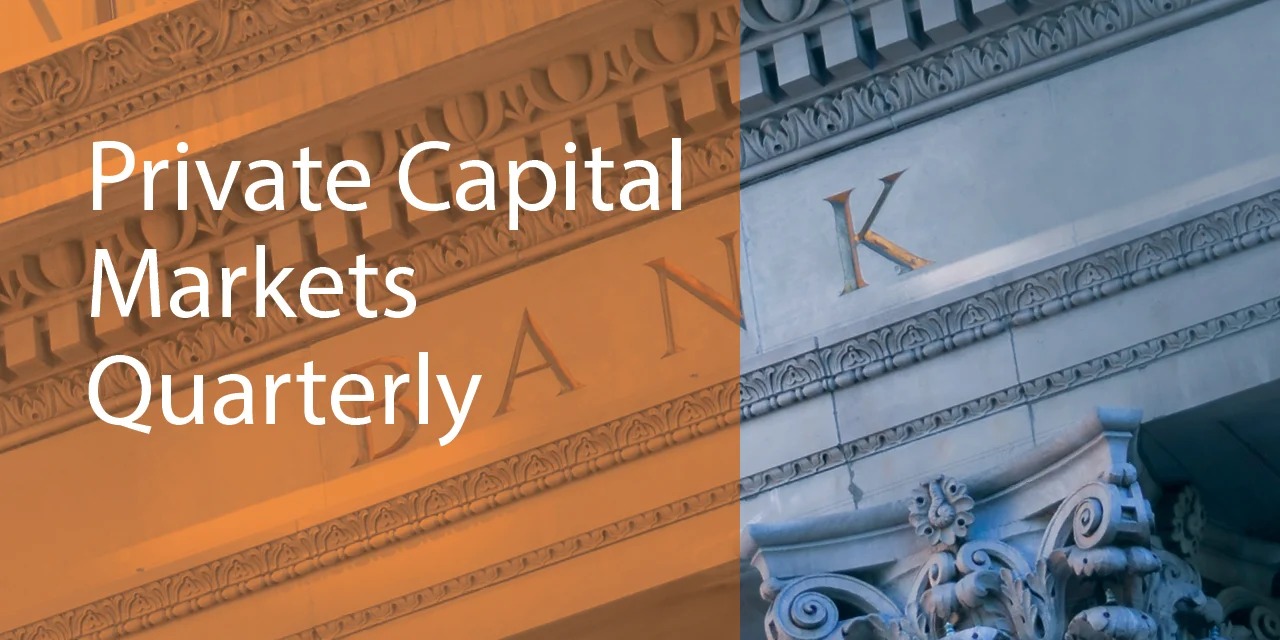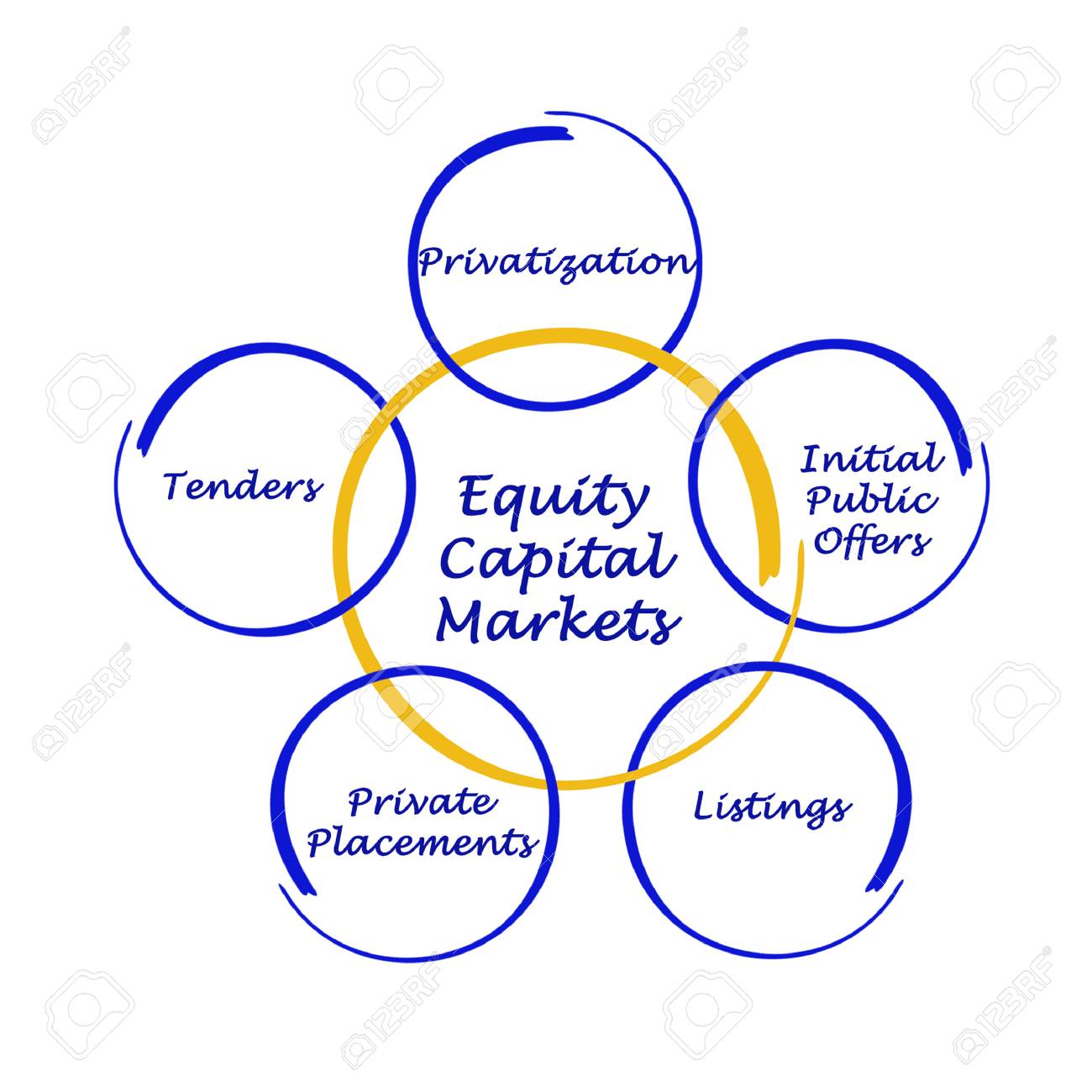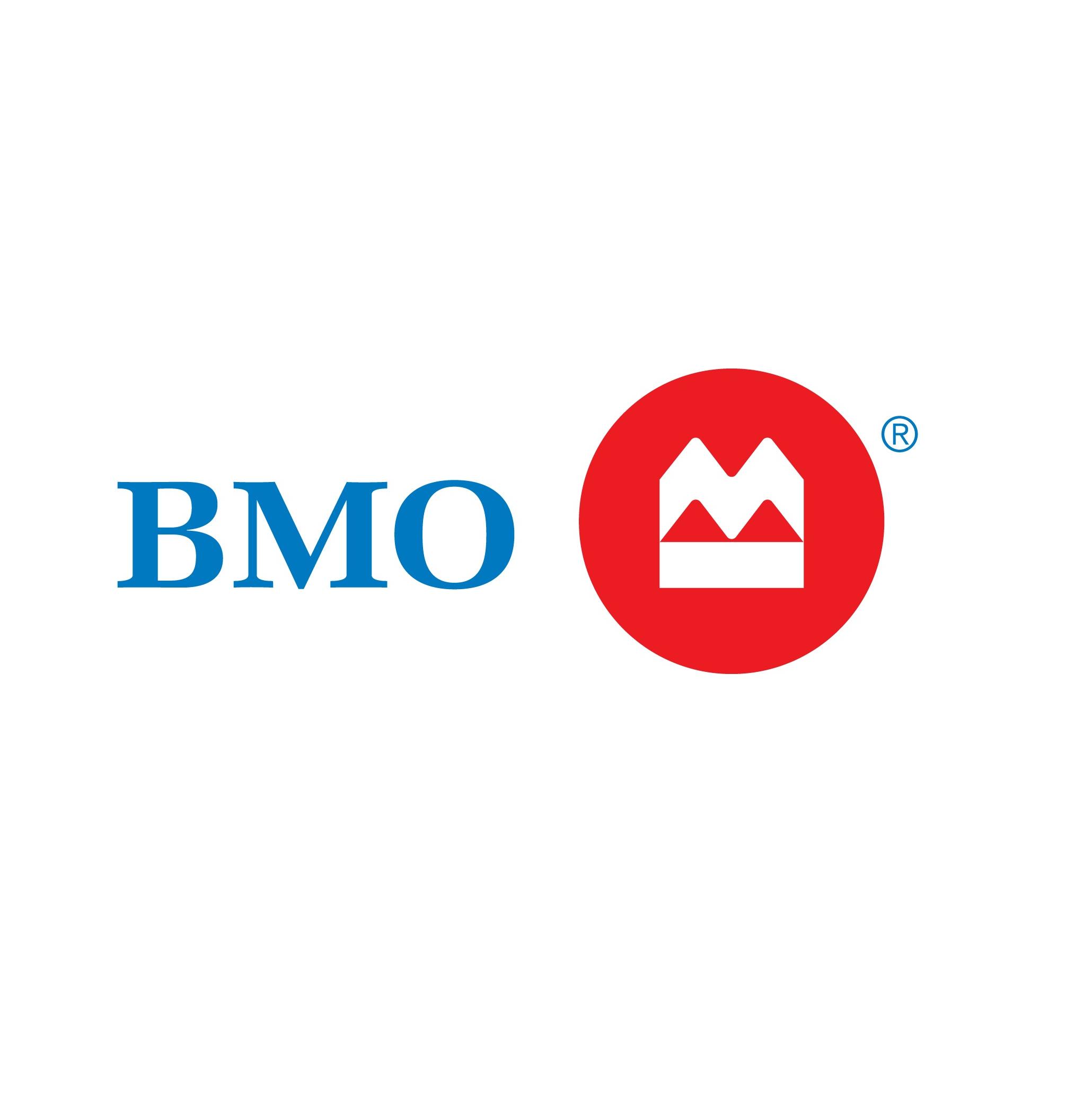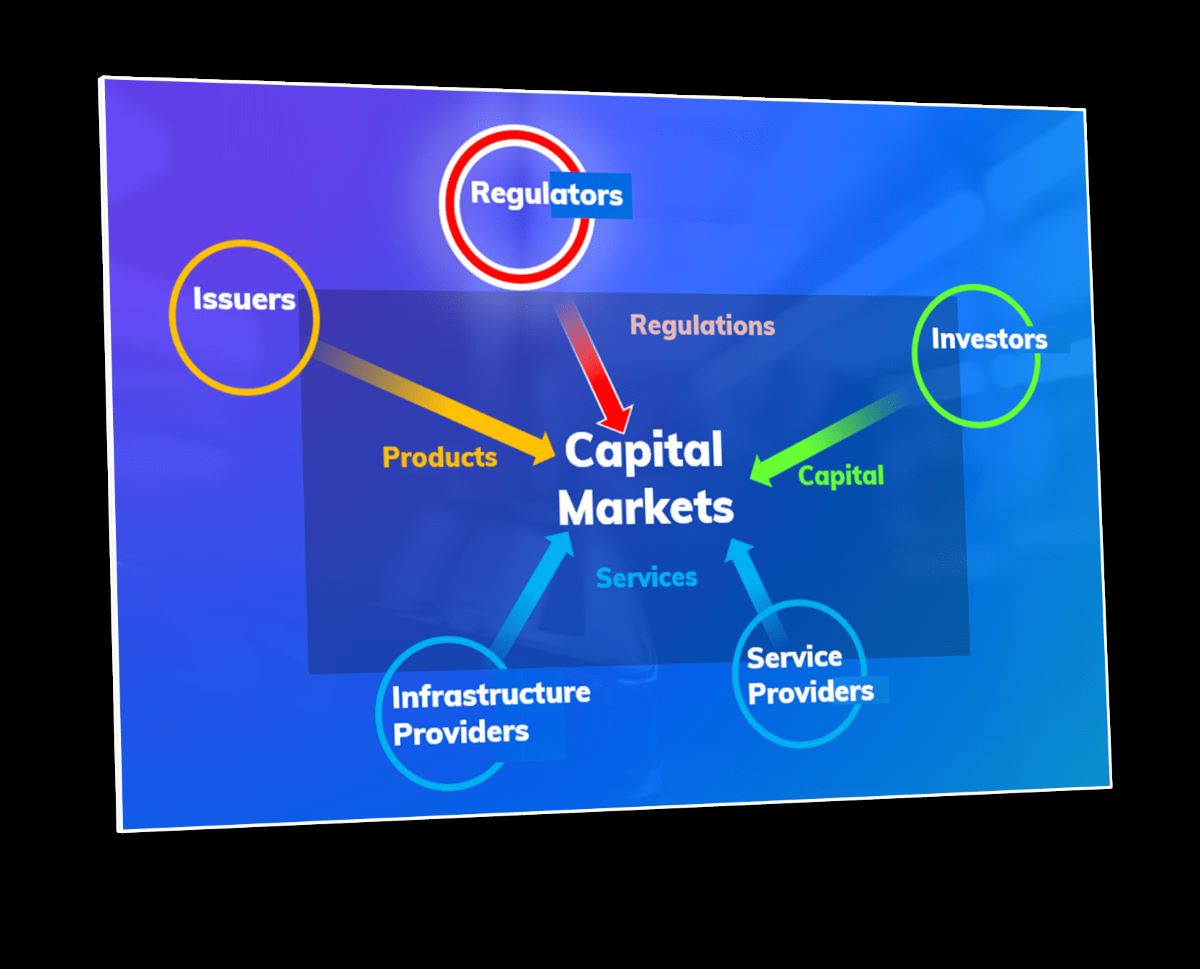

Finance
What Are Private Capital Markets
Modified: December 30, 2023
Discover the world of private capital markets and their significance in the realm of finance. Understand how private capital markets impact the financial landscape and drive economic growth.
(Many of the links in this article redirect to a specific reviewed product. Your purchase of these products through affiliate links helps to generate commission for LiveWell, at no extra cost. Learn more)
Table of Contents
- Introduction
- Definition of Private Capital Markets
- Characteristics of Private Capital Markets
- Participants in Private Capital Markets
- Types of Private Capital Markets
- Benefits and Risks of Investing in Private Capital Markets
- Factors Affecting Private Capital Markets
- Regulation and Oversight of Private Capital Markets
- Current Trends in Private Capital Markets
- Conclusion
Introduction
Private capital markets play a crucial role in the global financial system, offering alternative investment opportunities outside of traditional stock and bond markets. These markets, also known as private equity and venture capital, provide funding to companies in their early stages of growth or undergoing significant transformations. Investing in private capital markets can offer higher potential returns than public markets, along with the opportunity to have a direct stake in innovative and high-potential businesses.
Private capital markets are distinct from public markets mainly because they involve private transactions between investors and companies, rather than trading through public exchanges. This exclusivity allows for more flexibility in investment terms, longer time horizons, and the ability to invest in non-traditional assets such as real estate, private debt, and infrastructure projects.
In this article, we will explore the definition and characteristics of private capital markets, the participants involved, the various types of investment avenues available, the potential benefits and risks of investing in such markets, the factors that can influence their performance, the regulatory framework that governs them, and the current trends shaping their landscape.
It is important to note that investing in private capital markets carries inherent risks, as these investments are typically illiquid and can be subject to fluctuations in value. Prospective investors should conduct thorough due diligence and seek guidance from financial professionals before engaging in such investments.
Now, let us delve into the world of private capital markets and discover the opportunities and challenges they present.
Definition of Private Capital Markets
Private capital markets refer to the arena where investors and companies engage in private transactions to raise capital for investment. Unlike public markets, where securities are traded on stock exchanges, private capital markets involve direct investment in privately held companies or illiquid assets that are not available to the general public.
In essence, private capital markets serve as a platform for investors to provide funding to businesses in exchange for equity ownership or debt securities. This enables companies to finance their operations, expand their business, or fuel innovation.
Private capital markets encompass various investment vehicles, such as private equity, venture capital, hedge funds, real estate funds, and other alternative investment strategies. These markets offer opportunities to invest in diverse sectors and asset classes, including early-stage startups, growth-stage companies, distressed assets, real estate developments, infrastructure projects, and more.
One of the key defining features of private capital markets is their exclusivity and lack of public disclosure. Investments in private companies or assets are not subject to the same level of regulatory oversight, reporting requirements, and transparency as publicly traded securities. This creates a certain level of risk and uncertainty for investors, as the availability of information may be limited compared to public markets.
Private capital markets also differ from public markets in terms of liquidity. Investments made in private companies or illiquid assets are not easily tradable like publicly listed stocks. They typically involve longer holding periods, often spanning several years, before investors can exit their positions and realize returns. This illiquidity factor requires careful consideration and patience from investors.
Overall, private capital markets provide a platform for investors to access unique investment opportunities and potentially earn higher returns. Additionally, they offer companies the means to secure capital for growth, operational improvements, and strategic initiatives. However, the nature of these markets demands a deep understanding of the risks involved and thorough due diligence before making investment decisions.
Characteristics of Private Capital Markets
Private capital markets possess distinctive characteristics that differentiate them from traditional public markets. These characteristics shape the investment landscape and play a significant role in influencing the behavior and dynamics of these markets.
1. Exclusivity and Limited Accessibility
One of the primary characteristics of private capital markets is their exclusivity. Participation in these markets is typically limited to accredited investors or institutional investors with substantial financial resources. This exclusivity allows for a more select group of investors to access investment opportunities that may not be available to the general public.
2. Illiquidity
Unlike publicly traded securities that can be easily bought and sold on exchanges, investments in private capital markets are often illiquid. This means that they cannot be readily converted into cash. Investors may have to hold their investments for an extended period before they can exit and realize any potential gains or losses. The illiquid nature of these investments requires careful consideration of the investor’s time horizon and liquidity needs.
3. Long-Term Investment Horizon
Private capital investments typically involve longer holding periods compared to public market investments. Investors in private markets generally commit to holding their investments for several years, allowing companies to execute their growth strategies and create value. This long-term focus aligns with the business objectives of companies seeking capital and can potentially result in higher returns over time.
4. Higher Potential Returns
Private capital markets have the potential to generate higher returns compared to public markets. This is often attributed to the fact that private investments provide access to unique opportunities, such as early-stage companies with significant growth potential or undervalued assets. Additionally, the illiquidity premium associated with private investments can result in higher returns for successful investments.
5. Flexibility in Investment Terms
Private capital markets offer more flexibility in investment terms compared to public markets. This allows investors and companies to negotiate customized terms and structures that suit their specific needs. For instance, private equity investors may have the ability to influence company management decisions or participate in the strategic direction of the business through their equity ownership.
6. Focus on Relationships and Due Diligence
In private capital markets, establishing relationships and conducting thorough due diligence are crucial components of the investment process. Investors often have the opportunity to engage directly with company founders, management teams, or fund managers, allowing for a deeper understanding of the investment opportunity and the ability to evaluate the company’s growth prospects or asset quality.
Understanding and appreciating these characteristics is essential for investors considering participation in private capital markets. By recognizing these unique aspects, investors can make informed decisions and effectively navigate the opportunities and challenges presented by these markets.
Participants in Private Capital Markets
Private capital markets involve a diverse range of participants who play key roles in driving investment opportunities and facilitating the flow of capital. These participants include investors, companies seeking funding, fund managers, and other intermediaries. Understanding the different participants within private capital markets is essential to grasp the dynamics of these markets.
1. Investors
Investors in private capital markets are typically high net worth individuals, institutional investors, or specialized funds seeking alternative investment opportunities. These investors allocate a portion of their investment portfolios to private equity, venture capital, or other private funds to generate capital growth and diversify their investment holdings. As investors, they provide the necessary capital to fund companies or assets in exchange for ownership stakes or other investment instruments.
2. Companies seeking funding
Private capital markets offer companies the opportunity to raise capital from investors without going public. These companies can be at various stages of growth, ranging from early-stage startups to more mature companies undergoing transformations or expansion. By raising funds in private capital markets, these companies can finance their operations, invest in research and development, scale their business, or undertake strategic initiatives.
3. Fund Managers
Fund managers, also known as general partners (GPs), are responsible for managing the funds invested in private capital markets. They are skilled professionals or firms with expertise in identifying investment opportunities, performing due diligence, structuring deals, and managing investment portfolios. Fund managers raise capital from investors and deploy it into various investment opportunities, often taking an active role in overseeing and assisting the companies or assets in which they invest.
4. Intermediaries
In addition to direct investments by investors and companies, private capital markets involve various intermediaries who facilitate transactions and provide specialized services. These intermediaries include investment banks, brokerage firms, private placement agents, legal firms, and accounting firms. Their roles encompass activities such as financial advisory, due diligence, structuring investments, legal documentation, valuation, investment research, and ongoing monitoring of investments.
5. Limited Partners
Limited partners (LPs) are investors who participate in private capital markets by committing capital to private equity funds or other investment vehicles managed by fund managers. Unlike general partners, limited partners do not actively manage the investment portfolios but instead provide the necessary capital. LPs include pension funds, endowments, family offices, insurance companies, and other institutional investors.
The participation of these diverse market participants contributes to the liquidity, capital formation, and overall growth of private capital markets. Each participant brings a unique perspective, expertise, and resources, collectively shaping the investment landscape and fostering entrepreneurial activities.
Types of Private Capital Markets
Private capital markets encompass a wide range of investment avenues that offer varying risk profiles, return potentials, and investment strategies. Understanding the different types of private capital markets can help investors identify opportunities that align with their investment objectives and risk tolerance. Here are some of the key types of private capital markets:
1. Private Equity
Private equity involves investing in privately held companies with the aim of generating long-term capital appreciation. Private equity firms typically acquire significant ownership stakes in companies, providing capital and strategic guidance to support their growth, operational improvements, or restructuring. Investments in private equity can cover various sectors and company stages, such as venture capital for early-stage startups or buyouts of established companies.
2. Venture Capital
Venture capital focuses on investing in early-stage or high-growth companies with high potential for future returns. Venture capital firms provide funding to startups in exchange for equity ownership, actively partnering with entrepreneurs to help them develop their business, access networks, and scale their operations. These investments are often considered riskier due to the early-stage nature of the companies involved, but they can yield substantial rewards for successful ventures.
3. Real Estate
Real estate investments in private capital markets involve acquiring properties, developments, or portfolios that are not publicly traded. These investments span various sectors, including residential, commercial, industrial, and hospitality real estate. Private real estate funds provide a vehicle for investors to gain exposure to real estate assets and participate in potential income generation and property value appreciation.
4. Hedge Funds
Hedge funds are privately managed investment vehicles that utilize diverse investment strategies to generate returns. These strategies can include long-short equity, global macro, event-driven, or quantitative strategies, to name a few. Hedge funds typically target high-net-worth individuals and institutional investors, offering the potential for absolute returns and portfolio diversification, but also carrying higher risks due to their more complex strategies.
5. Private Debt
Private debt markets provide opportunities to invest in non-publicly traded debt instruments issued by companies, including loans, bonds, and mezzanine financing. Private debt investments offer fixed income potential and are often sought by investors seeking higher yields and diversification from traditional fixed income securities. These investments can be made in the form of direct lending, distressed debt, or structured credit.
6. Infrastructure
Infrastructure investments involve financing and acquiring assets in sectors such as transportation, energy, utilities, and social infrastructure. Private capital provides funding for the construction, operation, and maintenance of these infrastructure projects, generating long-term stable cash flows through concessions, ownership stakes, or long-term contracts.
These are just a few examples of the types of private capital markets available to investors. Each of these markets presents its own unique characteristics, investment processes, and challenges, requiring investors to carefully evaluate their risk appetite, investment horizon, and desired returns before choosing the most suitable avenue to allocate their capital.
Benefits and Risks of Investing in Private Capital Markets
Investing in private capital markets offers a range of potential benefits and risks that investors should consider before committing their capital. Understanding both the advantages and challenges helps investors make informed decisions and align their investment strategies with their financial goals. Let’s explore the benefits and risks of investing in private capital markets:
Benefits:
1. Potential for Higher Returns: Private capital markets have the potential to generate higher returns compared to public markets. This is often attributed to the ability to invest in unique opportunities, such as early-stage companies with significant growth potential or undervalued assets. Successful investments in private markets can lead to substantial capital appreciation.
2. Diversification: Private capital markets offer diversification benefits by providing access to investment opportunities that are not correlated with traditional asset classes like stocks and bonds. Adding private market investments to a portfolio can help reduce overall portfolio risk and enhance returns by spreading risk across different sectors and investment strategies.
3. Long-Term Focus: Private investments typically involve longer holding periods, allowing companies to execute their growth strategies and create value over time. This long-term focus aligns with the objectives of patient investors who are willing to commit capital for an extended period and potentially reap larger rewards.
4. Operational Involvement: In some cases, private capital investments offer the opportunity for investors to actively participate in the strategic decision-making of the invested companies. This active involvement allows investors to bring their expertise, networks, and guidance to support the growth and success of the invested businesses.
5. Access to Unique Opportunities: Private capital markets provide access to investment opportunities that are not available in public markets. This includes investments in early-stage startups, distressed assets, real estate projects, and infrastructure developments. Investing in these unique opportunities can offer exposure to sectors with high growth potential and untapped innovations.
Risks:
1. Illiquidity: Investments made in private capital markets are often illiquid, meaning they cannot be easily converted into cash. Investors may face challenges in exiting their positions or realizing returns before the predetermined holding period. Illiquidity can limit an investor’s ability to react to unforeseen circumstances or changes in financial circumstances.
2. Higher Risk Profile: Private capital market investments typically carry a higher level of risk compared to publicly traded securities. Investing in early-stage or distressed companies, for example, involves a higher risk of failure or underperformance. It is important for investors to carefully assess their risk tolerance and conduct thorough due diligence before investing in private markets.
3. Information Asymmetry: Private capital markets are characterized by a lack of public disclosure and transparency compared to public markets. Investors have limited access to information about the investment opportunities, making it challenging to evaluate the risk and potential returns accurately. Conducting extensive due diligence and relying on trusted sources of information is vital to mitigate this risk.
4. Regulatory and Compliance Risks: Private capital markets have less regulatory oversight compared to public markets. This can expose investors to potential fraud, conflicts of interest, or breaches of fiduciary duty. It is important to work with reputable fund managers or intermediaries who adhere to strong compliance practices to minimize these risks.
5. Capital Lock-In: Investments in private capital markets generally involve longer holding periods, which can result in capital being tied up for an extended period. Investors may face challenges in accessing their invested capital before the predetermined exit timeframe, limiting their liquidity options and capital deployment flexibility.
Investing in private capital markets can be rewarding but requires careful consideration of the potential benefits and risks involved. By conducting thorough due diligence, seeking professional advice, and diversifying investments, investors can position themselves to harness the potential rewards these markets offer while managing their exposure to risk.
Factors Affecting Private Capital Markets
Various factors contribute to the performance and dynamics of private capital markets. These factors can significantly influence investment opportunities, investor sentiment, and overall market trends. Understanding these factors is essential for investors and participants to navigate the ever-changing landscape of private capital markets. Let’s explore some of the key factors that can affect these markets:
Economic Environment:
The broader economic conditions, such as GDP growth, interest rates, inflation, and market volatility, can impact private capital markets. Economic downturns may lead to a decrease in investment activity and fundraising as risk aversion increases. Conversely, during periods of economic growth, there may be increased investor appetite for riskier investments, leading to more capital flowing into private capital markets.
Industry and Sector Performance:
The performance and prospects of specific industries or sectors can influence private capital markets. Market trends, regulatory changes, disruptive technologies, and consumer behaviors can create investment opportunities in certain sectors while deterring investments in others. Industry-specific factors such as government policies, competition, and market saturation can also impact the attractiveness of investment opportunities within a sector.
Investor Sentiment and Risk Appetite:
Investor sentiment plays a crucial role in private capital markets. Optimistic investor sentiment can fuel more significant investment inflows, leading to increased deal-making activity. Conversely, when market sentiment turns cautious, investors may exhibit risk aversion, leading to reduced investment activity and fundraising. Investor confidence in the overall economy and market conditions can impact the willingness to commit capital to private investments.
Regulatory and Legal Environment:
Regulatory and legal frameworks, including tax laws, securities regulations, and reporting requirements, can significantly impact private capital markets. Changes in regulations can influence fundraising, deal structuring, and the overall attractiveness of certain types of investments. Investors and fund managers need to stay informed about evolving regulations to ensure compliance and to understand the potential impact on investment strategies.
Technological Advancements and Disruptions:
Technological advancements can significantly impact private capital markets. Innovation and disruptive technologies can create new investment opportunities while rendering existing business models obsolete. For example, the rise of fintech has opened up new avenues for investing, fundraising, and improving operational efficiencies within private capital markets. Keeping up with technological trends is crucial for participants to remain competitive and identify emerging investment opportunities.
Geopolitical and Macro-economic Factors:
Geopolitical events, such as trade disputes, political instability, and changes in international relations, can create uncertainties that affect private capital markets. These factors can influence investor confidence, regulatory environments, and market volatility, thereby impacting investment decisions and capital flows. Understanding the potential repercussions of geopolitical and macroeconomic factors is crucial for investors to manage risks effectively.
While these factors can impact private capital markets, it is essential to note that their effects may vary depending on the specific investment strategy, asset class, and geographic region. Investors and participants in private capital markets should stay informed, conduct thorough due diligence, and monitor these factors to make informed decisions and adapt their strategies accordingly.
Regulation and Oversight of Private Capital Markets
Regulation and oversight play a critical role in ensuring the integrity, transparency, and stability of private capital markets. While private capital markets generally have less regulatory oversight compared to public markets, there are still regulatory frameworks in place to provide investor protection and maintain market integrity. Let’s examine the key aspects of regulation and oversight in private capital markets:
Securities Laws and Regulations:
Private capital markets are subject to securities laws and regulations that vary from country to country. These laws aim to protect investors and ensure fair business practices. In many jurisdictions, offerings of private securities are subject to exemptions from public registration requirements and are offered only to accredited investors who meet certain financial thresholds or have specific qualifications. Regulatory bodies oversee compliance with these laws and may require companies and fund managers to file reports and disclosures to ensure transparency and investor protection.
Anti-Money Laundering (AML) and Know Your Customer (KYC) Regulations:
Private capital markets also operate under AML and KYC regulations. Investors and fund managers are required to verify the identities of their clients, perform due diligence on the source of funds, and report any suspicious activities to relevant authorities. These regulations are in place to prevent money laundering, terrorist financing, and other illicit activities within private capital markets.
Disclosure Requirements:
While private capital markets have less public disclosure compared to public markets, certain disclosure requirements still apply. Companies seeking capital are often required to provide potential investors with offering documents containing material information about the investment opportunity, such as financial statements, risk factors, and business plans. These disclosures aim to ensure that investors have the necessary information to make informed investment decisions.
Fiduciary Duties and Conflict of Interest:
Fund managers in private capital markets owe fiduciary duties to their investors, meaning they have an obligation to act in the best interests of their clients. They are required to manage investments prudently and avoid conflicts of interest that could compromise their clients’ interests. Regulatory bodies oversee these fiduciary duties to ensure that fund managers adhere to high ethical standards and act in the best interests of their investors.
Self-Regulatory Organizations (SROs):
In some jurisdictions, private capital markets have self-regulatory organizations that establish industry standards and codes of conduct. These organizations may have membership requirements, enforce compliance with regulatory rules, and promote best practices within the industry. SROs can play a crucial role in fostering investor confidence and maintaining market integrity.
While private capital markets have a certain level of regulatory oversight, it is important to note that regulations can vary across jurisdictions. Investors and market participants should be diligent in understanding the regulatory landscape and working with reputable fund managers who adhere to regulatory requirements. Staying updated on evolving regulations is crucial for ensuring compliance and mitigating regulatory risks in private capital markets.
Current Trends in Private Capital Markets
Private capital markets are dynamic and ever-evolving, influenced by various trends and developments in the global financial landscape. Staying abreast of these trends is crucial for investors and market participants to identify emerging opportunities and adapt their investment strategies. Let’s explore some of the current trends shaping private capital markets:
1. Increased Investor Demand:
There has been a surge in investor demand for private capital investments in recent years. Low interest rates, slow economic growth, and market volatility have driven investors to seek alternative investment avenues with the potential for higher returns. This increased demand has led to a significant rise in capital flowing into private equity, venture capital, and other private funds, creating a competitive fundraising environment.
2. Rise of Impact Investing:
Impact investing, which aims to generate positive social and environmental impacts alongside financial returns, has gained traction in private capital markets. Investors are increasingly seeking investments that align with their values and contribute to sustainable development. Impact investing has expanded beyond niche markets and is being integrated into mainstream investment strategies, reflecting a growing emphasis on environmental, social, and governance (ESG) considerations.
3. Emphasis on Technology and Innovation:
The advancement of technology and innovation is reshaping private capital markets. Investors are focusing on sectors such as fintech, healthcare technology, artificial intelligence, and clean energy, which offer disruptive solutions and high growth potential. The proliferation of digital platforms and data analytics is also transforming the way investments are sourced, evaluated, and managed within private capital markets.
4. Cross-Border Investments and Globalization:
Private capital markets are increasingly global in nature, with cross-border investments becoming more common. Investors are seeking opportunities beyond their domestic markets, diversifying their portfolios across different regions and industries. This trend is facilitated by easier access to information, advancements in communication technology, and the removal of certain regulatory barriers.
5. Shift towards Direct Investments:
There has been a noticeable shift towards direct investments in private capital markets. Large institutional investors, sovereign wealth funds, and family offices are allocating more resources to build in-house investment teams, reducing reliance on traditional fund managers. Direct investments provide investors with greater control, potential cost savings, and the ability to align investment decisions with their specific strategies and goals.
6. Continued Evolution of Fund Structures:
Fund structures in private capital markets are evolving to meet changing investor demands. Traditional closed-end structures are being complemented by more flexible vehicles, such as evergreen funds, special purpose acquisition companies (SPACs), and co-investment platforms. These structures offer investors greater flexibility in terms of lock-up periods, liquidity options, and investment horizons.
It is important to note that these trends are subject to evolving market conditions and regulatory developments. Investors and market participants should thoroughly evaluate these trends and assess their potential impact on risk-return profiles and investment strategies.
By staying informed about current trends, investors can position themselves to capitalize on emerging opportunities and navigate potential challenges within the dynamic landscape of private capital markets.
Conclusion
Private capital markets offer a wealth of investment opportunities outside of traditional public markets, allowing investors to access unique and potentially high-growth assets. These markets, including private equity, venture capital, real estate, and other alternative investments, provide the potential for higher returns, diversification, and long-term investment horizons. However, it’s important to carefully consider the risks and benefits associated with investing in private capital markets.
Investing in private capital markets can provide advantages such as potential for higher returns, diversification, and the ability to participate in the growth of innovative companies. These markets offer access to unique investment opportunities that are not available in public markets. They also present the ability to actively engage with invested companies and contribute to their strategic direction.
However, investors should also be aware of the potential risks involved. Investments in private capital markets are often illiquid, requiring patience and a long-term investment horizon. The lack of public disclosure and limited accessibility can create information asymmetry and increase risk for investors. Furthermore, regulatory frameworks in private markets may vary, requiring careful due diligence and compliance considerations.
To navigate these markets successfully, investors should conduct thorough research, seek guidance from experienced professionals, and carefully consider their risk tolerance and investment objectives. Engaging with reputable fund managers and intermediaries can help investors navigate the complexities of private capital markets and gain access to diversified investment opportunities.
As private capital markets continue to evolve, it is crucial for investors to stay informed about current trends, regulatory changes, and emerging opportunities. Impact investing, technology-driven advancements, globalization, and shifts in fund structures are among the prevailing trends shaping the landscape of private capital markets. By monitoring these trends and adapting investment strategies accordingly, investors can position themselves to capitalize on new opportunities and potentially achieve superior investment outcomes.
In conclusion, private capital markets provide a dynamic and rewarding avenue for investors seeking diversification, long-term growth, and unique investment opportunities. While these markets come with risks, the potential benefits can be substantial for those who approach them with diligence, expertise, and a long-term perspective. By carefully assessing the risks and rewards, conducting thorough due diligence, and staying current with market trends, investors can make informed decisions and leverage the potential of private capital markets to achieve their financial objectives.














